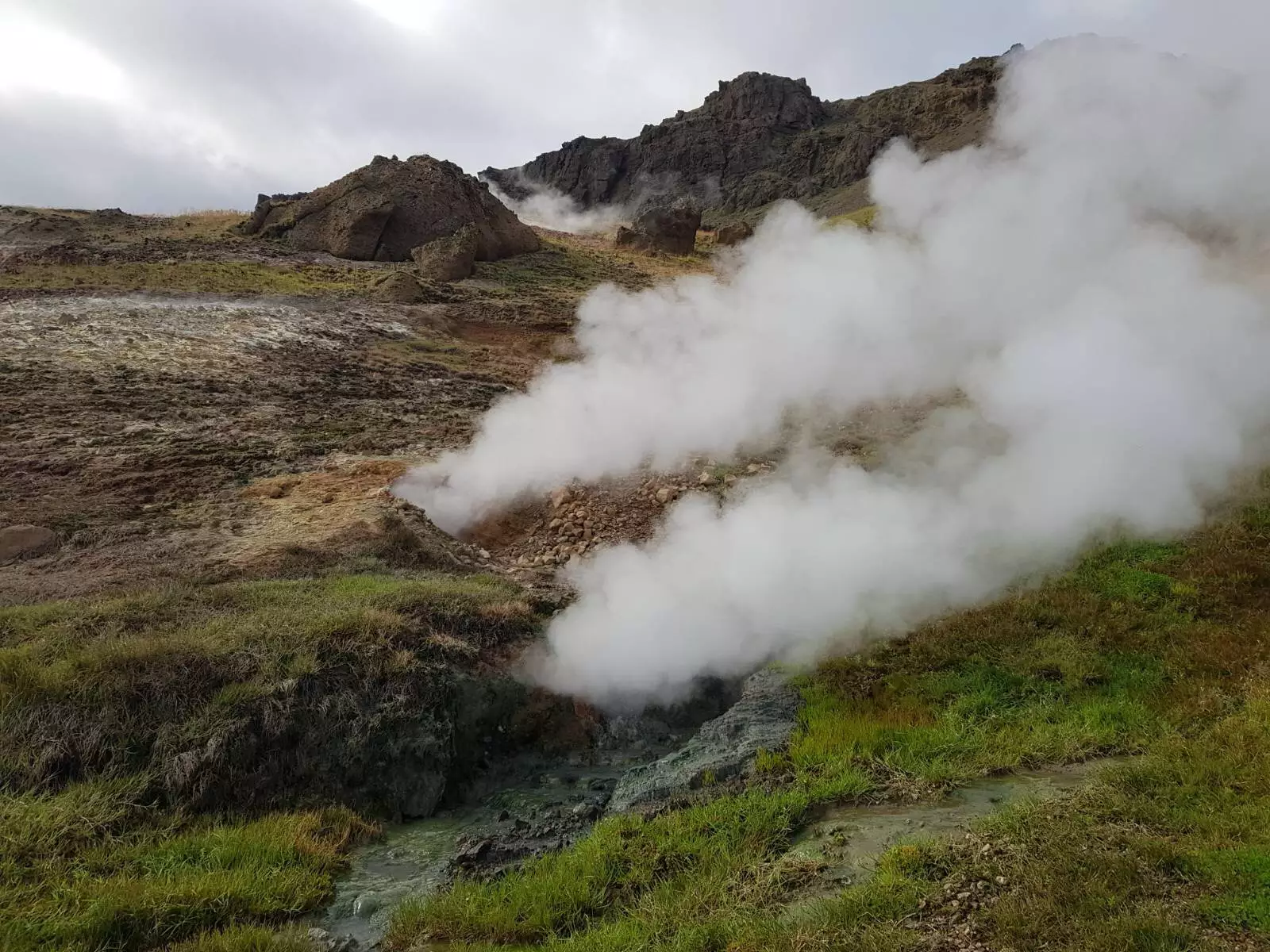One of the prevailing notions in the scientific community has been that higher soil temperatures lead to increased microbial growth and consequently, more carbon release into the atmosphere. However, a recent study conducted by researchers at the Centre for Microbiology and Environmental Systems Science at the University of Vienna challenges this assumption. The study, published in Science Advances, unveils a surprising discovery: warmer soils do not necessarily result in higher microbial growth rates, but rather harbor a greater diversity of active microbes. This finding sheds new light on the intricate relationship between soil microbiomes and climate change.
Andreas Richter, the lead author of the study, emphasizes the critical role of microorganisms in the global carbon cycle. As Earth’s largest reservoir of organic carbon, soils play a crucial part in regulating carbon dioxide levels in the atmosphere. With the onset of climate change, the impact of microbial communities on carbon emissions becomes even more significant. The traditional belief that increased soil temperatures lead to elevated microbial growth rates is now being challenged by the revelation that dormant bacteria become activated in warmer soils, contributing to the release of carbon dioxide into the environment.
In order to investigate the effects of soil warming on microbial activity, the researchers conducted their study in a subarctic grassland in Iceland that has experienced geothermal warming for over fifty years. By collecting soil samples and utilizing advanced isotope probing techniques, the team identified active bacterial taxa in both ambient and elevated temperature conditions. Surprisingly, the study found that while soil warming did lead to increased microbial growth at a community level, the growth rates of individual microbes remained consistent between normal and elevated temperatures. The key differentiator was the diversity of microbial taxa present in warmer soils, indicating a more complex interplay between temperature and microbial activity.
Christina Kaiser, an associate professor at the Centre, highlights the significance of this newfound understanding of soil microbiomes in the context of climate change. The intricate reactions of soil microbiomes to warming have often been a challenge to decipher, forming a ‘black box’ in climate models. By shifting the focus from aggregate growth rates to microbial diversity, the study opens up possibilities for more accurate predictions of microbial behavior and its impact on carbon cycling. These insights are essential for forecasting the role of soil microbiomes in shaping future carbon dynamics in a changing climate scenario.
The study conducted by the Centre for Microbiology and Environmental Systems Science at the University of Vienna unveils a paradigm shift in our comprehension of soil microbiomes and their interactions with climate change. The revelation that warmer soils harbor a greater diversity of active microbes challenges the conventional wisdom surrounding microbial growth rates and carbon emissions. By delving into the complexities of microbial responses to warming, the research paves the way for more precise predictions of the soil microbiome’s influence on carbon cycling in the face of a rapidly evolving climate landscape.



Leave a Reply